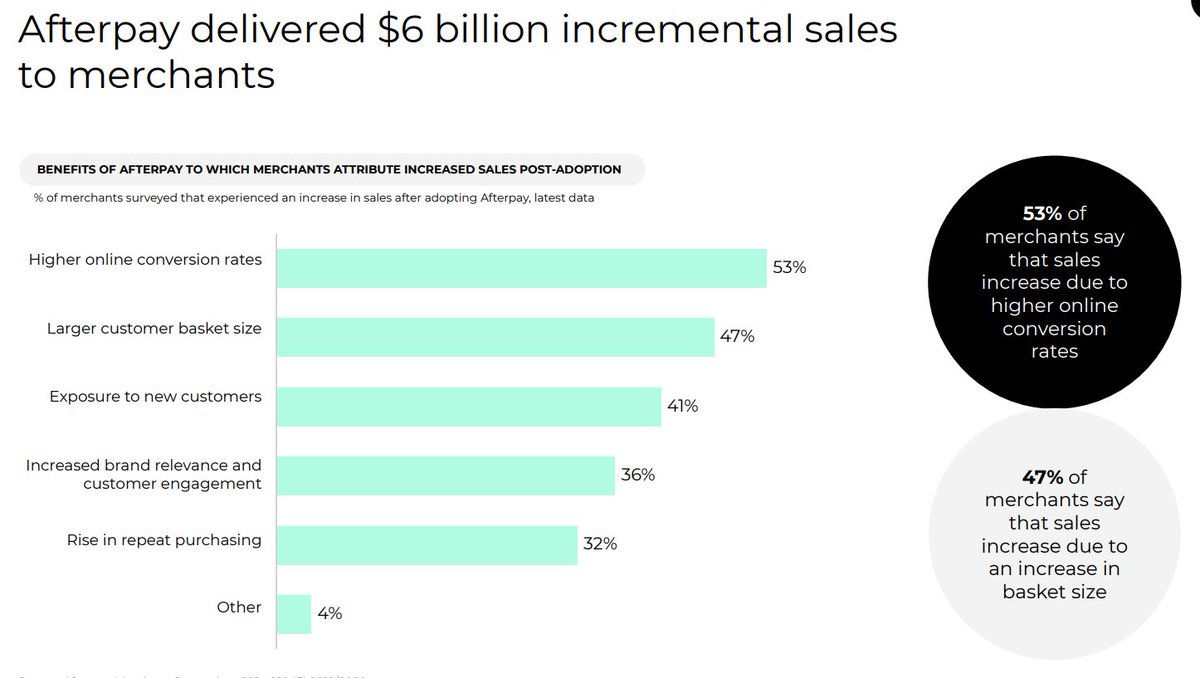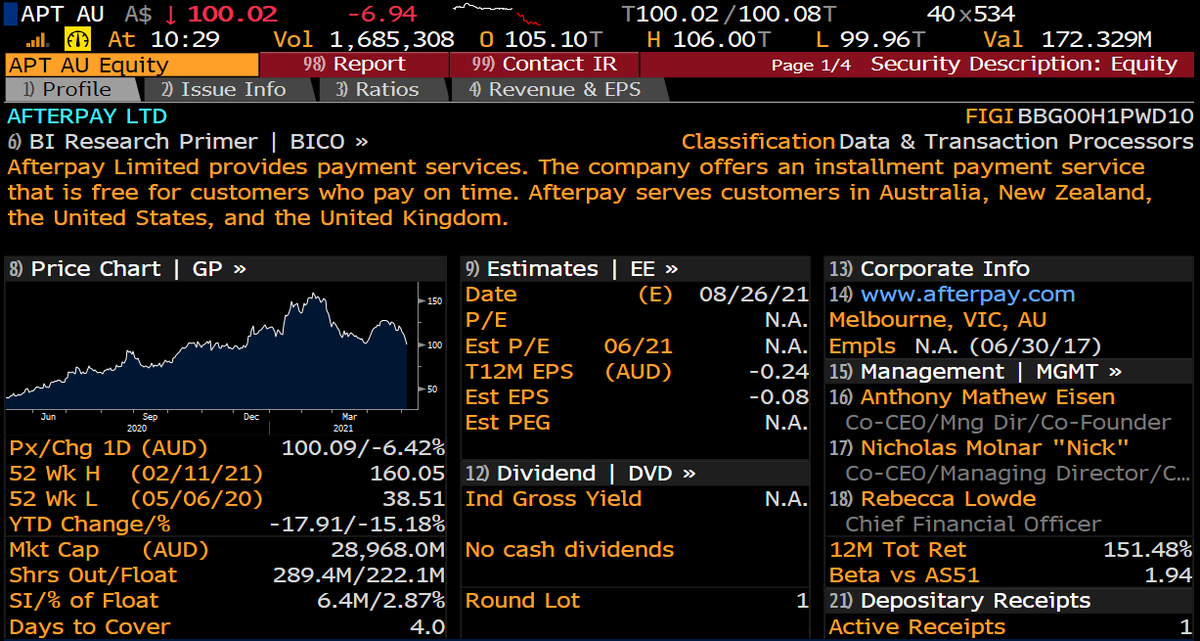
I've spent some time researching covid mRNA vaccines of late, trying to parse a lot of the conflicting information we are receiving. My conclusions are as follows. Disclosure - I've been pro vaccine my entire life and never been part of the "anti vax" movement, nor am I atm.
Firstly - efficacy - the mRNA vaccines work. I'm convinced that if everyone in the world took them, the pandemic would very likely be end & covid would struggle to survive, including new variants given the very small level of DNA-level evolution (0.3%) in new variants.
For this reason, and given that everyone has an obvious interest in ending the pandemic, there is therefore very strong institutional support for getting everyone vaccinated as soon as possible.
However, I believe it is also true that the risks associated with mRNA vaccines has been unsold/suppressed, so as to not discourage people from taking them. My best assessment at this point is that about 1% of people that take the vaccine suffer non-trivial side effects.
Non-trivial includes everything from mild disabilities, up to (in rarer cases) serious and permanent disabilities and even death. This reflects the fact that the spike protein is - despite prior claims/expectations - migrating throughout the body and is "biologically active".
Now, covid-19 itself is also dangerous, and for older and more vulnerable populations, the risks of covid appear to outweigh the risks of the vaccine. However, as age scales down, the risk of serious illness from covid-19 declines *but vaccine risk appears relatively constant*.
Controversy has therefore started to emerge of late as we have started to vaccinate younger and younger people, which has collided with the higher-than-advertised risks of the mRNA vaccines, which is why dissenting voices have started to become louder.
The issue is complicated & fraught because (1) the evidence is increasingly suggesting that for younger persons, the risk of taking the vaccine outweighs the risk of covid; but (2) if everyone does not take the vaccine, covid-19 will never be eradicated.
So there is now a conflict between what might be in people's individual best interests, and what might be in societies' overall long term best interests. This is why doctors and qualified scientists are being censored because the powers that be do not want to thwart the latter.
All kinds of conspiratorial explanations have emerged to explain the coordinated suppression of evidence emerging about the risks of mRNA vaccines, particularly to children. The ethical people raising these concerns cannot conceive of how such a reaction would be possible.
... and so sometimes resort to conspiratorial explanations. They are all nonsense. The explanation lies in the fact that govts want to eradicate covid-19, and we have a long history of vaccines being safe and the anti-vax movement being a load of garbage.
However, mRNA vaccines *are* a novel approach to vaccination. Traditional vaccines inject an inactivated form of the virus into your body, whereas mRNA takes control of your cell's protein manufacturing apparatus and instructs your cells to manufacture novel proteins.
It is therefore wrong to automatically equate mRNA vaccine caution with traditional anti-vax movements. They are entirely different technologies. There is no question the mRNA vaccines are riskier and the data coming out on vaccine injury suggests the risks are non-trivial.
Importantly, China's Sinovac vaccine uses traditional methods of injecting an inactivated form of the virus. Efficacy is lower (about 50%), but serious side effects are almost zero and consistent with traditional vaccines, reflecting the use of traditional, time tested methods.
Sinovac is therefore a better choice for those of younger age where the risks of the vaccine may exceed the risks of covid - you get about a 50% reduction in covid risk but with little to no vaccine injury risk. However, systemically, it will not completely eradicate covid-19.
Personally, I am not yet vaccinated, but have decided to get the Sinovac vaccine, which I see as a better personal risk/reward. However, I do understand why authorities are pushing for mRNA vaccines and covid-19 elimination, and conflict between individual vs. collective interest
In addition, I would like to say that I think it ought to be a basic principle of ethical medicine that people (1) not be forced by govt to undergo any form of medical treatment; and (2) be given full and balanced information on the benefits & risks of any medical procedure.
While I can understand the "tragedy of the commons" arguments for information suppression, it is an ethical violation I find very difficult to stomach. I have never believed the ends justify the means and think there is a lot of danger in allowing govts to take this course.
• • •
Missing some Tweet in this thread? You can try to
force a refresh






